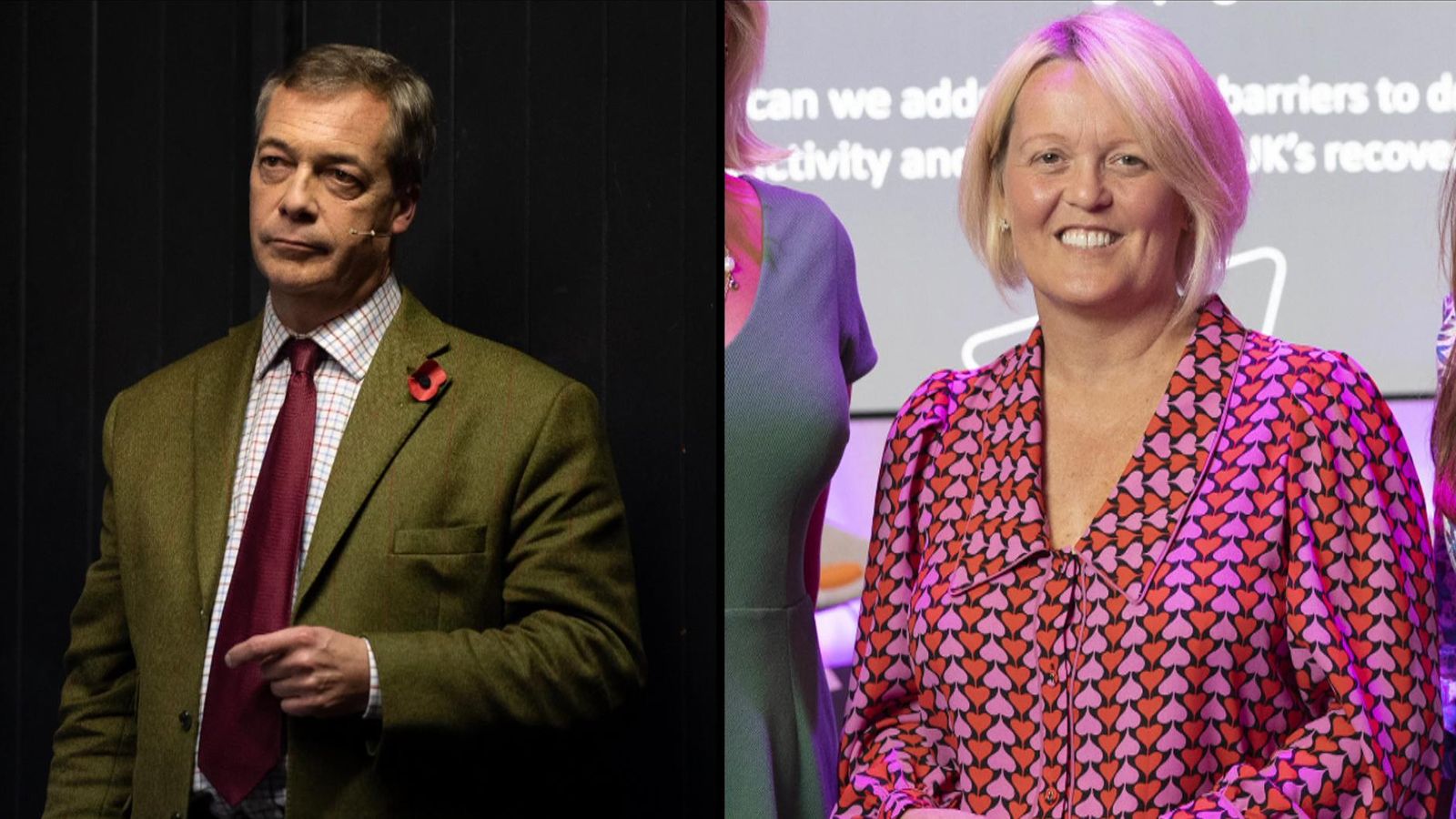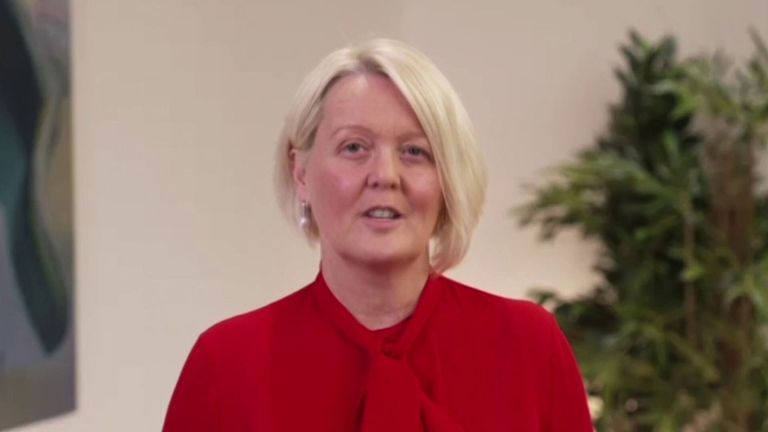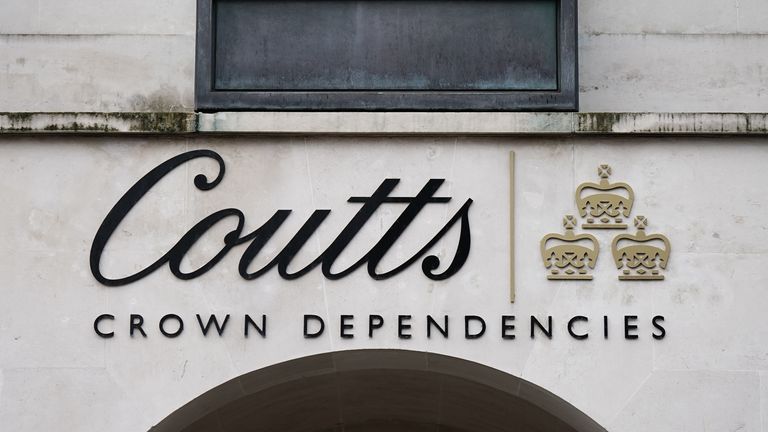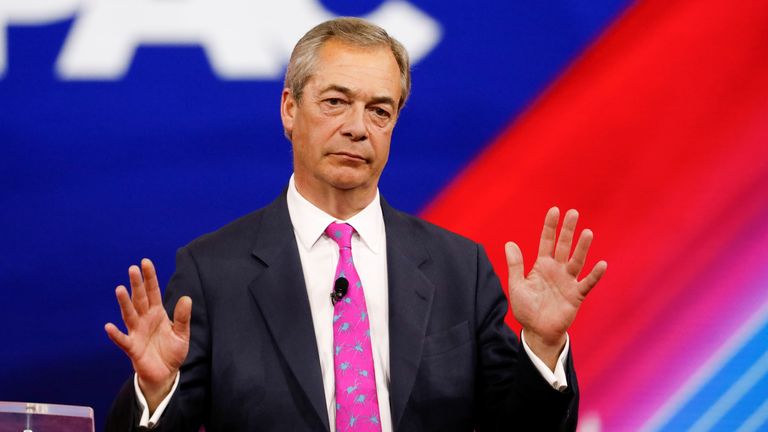NatWest boss steps down with immediate effect over Nigel Farage bank account leak


NatWest boss Dame Alison Rose has stepped down as chief executive effective immediately after she admitted to being the source of an inaccurate story about Nigel Farage’s bank account.
Her four-year tenure as chief executive has ended in ignominy over her admission that she had discussed Mr Farage’s bank details with a BBC journalist.
Sir Howard Davies, chairman of the NatWest Group, said on Wednesday that the board and Dame Alison agreed by “mutal consent” that she would step down from the role.
He said it was a “sad moment” and that Dame Alison has “dedicated all her working life so far to NatWest”.
In a statement, Dame Alison said: “I remain immensely proud of the progress the bank has made in supporting people, families and business across the UK, and building the foundations for sustainable growth.
“My NatWest colleagues are central to that success, and so I would like to personally thank them for all that they have done.”
The resignation was expected in the wake of briefings by Downing Street that she had lost the confidence of the prime minister and chancellor.
Their concerns were echoed by Mr Farage, who accused the management of Coutts bank – which is owned by NatWest – of a “serious breach” and called Dame Alison’s position “totally untenable”.
The story first came to light when the BBC inaccurately reported Mr Farage’s account was closed as he did not meet Coutts’s financial thresholds.
Advertisement
Documents obtained by Mr Farage subsequently showed his political beliefs and connections formed part of the rationale.

Dame Alison said she believed it was public knowledge that Mr Farage was a customer of private bank Coutts and had been offered a NatWest account, and so confirmed these details to BBC business editor Simon Jack.
She later called her actions a “serious error of judgement” but reiterated that the bank saw the account closure as a commercial decision and that she was not part of the decision-making process.
On Monday, the BBC apologised for the report, following earlier apologies from both Coutts and Dame Alison.
As well as calling for Dame Alison to resign, Mr Farage said Coutts chief executive Peter Flavel must take “the ultimate responsibility for de-banking me based on my political views”.
Please use Chrome browser for a more accessible video player

3:07
Coutts apologies to Nigel Farage
He added that Sir Howard “is responsible for overall governance” and had failed in this task by endorsing their conduct.
“In my view – they should all go,” he said.
Paul Thwaite, the current chief executive of the company’s commercial and institutional business, was announced as an interim chief executive, for an initial period of 12 months, pending regulatory approval.
It said a process to appoint a permanent successor will take place in due course.
It comes as City minister Andrew Griffith is expected to meet with Britain’s largest banks and building societies on Wednesday morning to address concerns related to customers’ “lawful freedom of expression”.